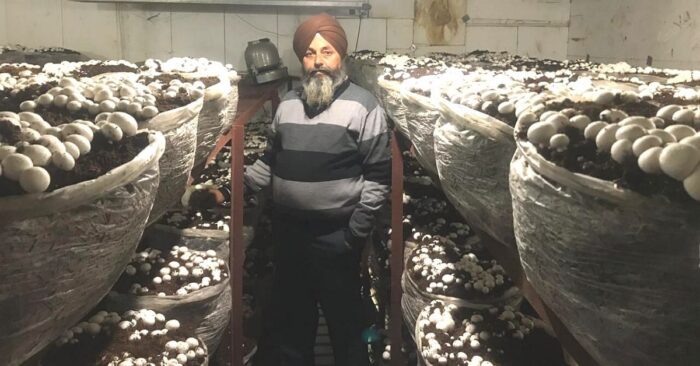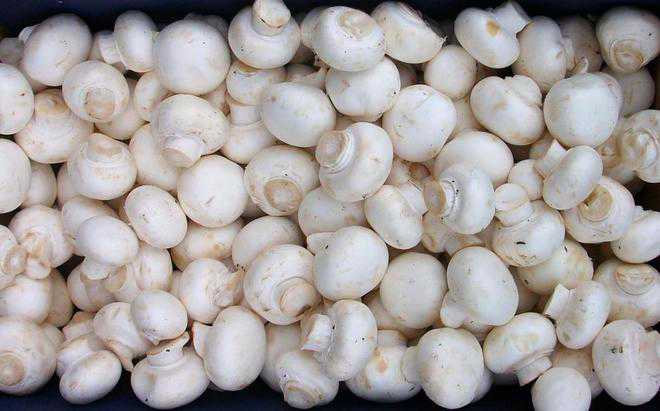Growing mushrooms is commercially fulfilling in India. It has attracted a diverse market as of today, but such was not the case back in the 1900s. In 1992, Sanjeev Singh was the only known farmer from Punjab cultivating mushrooms for a living.
How did Sanjeev Singh start his Mushroom Business?
Back in the day, Sanjeev was a part of the Mera Pind Mera Kisan program which enabled him to start cultivating mushrooms. He was only 25 years old when he got inspired by this program on the Doordarshan network. He realized this was a lucrative business and decided to try out his hands right after college.

He enrolled himself in a 1-year course at the Punjab Agricultural University to learn mushroom agriculture. This taught him how to grow mushrooms internally, and even in bags, as opposed to cultivating them only in soil. At the time he began, there were no other farmers to learn from. The market was just expanding and not many realized the worth of mushroom cultivation. Since he was new to the business, he had learned everything himself and paved his way to a bright future.
The Struggle with Growing Mushrooms
When he started his business, mushroom seeds were not available locally and could only be sourced from Delhi. At the time, mushrooms were only grown organically, bringing in more income in addition to organic farming practiced by farmers in Punjab.
By 2001, he shifted to growing these mushrooms methodically by building a room and installing six separate layers of farming spots. By layering them with compost, he could build a setting with a controlled environment.

In the next 7 years, he was able to establish his own laboratory expanding over 1500 sq ft. He grew the mushrooms himself and sold them off for abundant profits. Soon, the seeds started reaching Haryana, Himachal, and Jammu. Today, he is able to harvest seven quintals of mushrooms every day to get an annual turnover of Rs. 1.25 crores!
In 2015, thanks to his brilliant mind and initiative to pursue mushroom farming, he was awarded the title of the ‘Mushroom Kind of Punjab’ by locals. Sounds apt right?
What do you think of his unique venture and progressive method of farming?
Source: The Better India
















